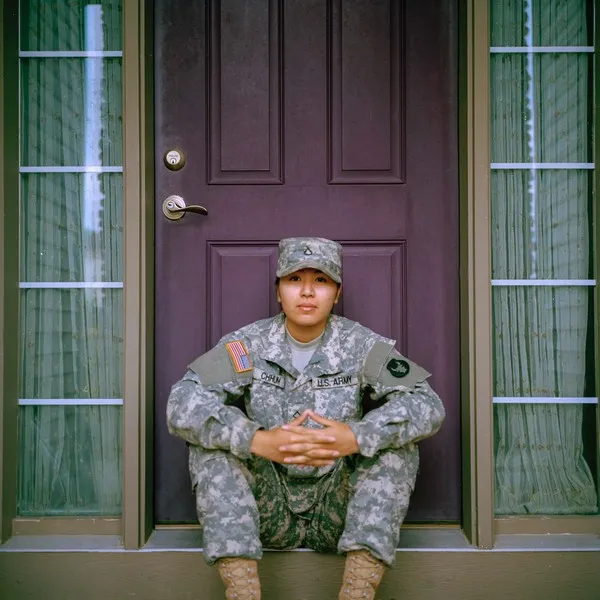In the field of sociology, the connection between neoliberalism and militarism has been a topic of extensive research and analysis. Neoliberalism, as an economic and political ideology, emphasizes the importance of free markets, limited government intervention, and individual liberty. On the other hand, militarism refers to the glorification and reliance on military power and the expansion of military activities. This article will outline and explain the link between neoliberalism and militarism, highlighting the various ways in which they intersect and influence each other.
1. Economic Interests and Global Expansion
One of the key links between neoliberalism and militarism lies in their shared focus on economic interests and global expansion. Neoliberal policies often prioritize the interests of multinational corporations and seek to promote free trade and investment across borders. This drive for economic globalization requires a strong military presence to secure resources, protect investments, and ensure access to markets. As a result, neoliberal states often engage in military interventions and maintain a significant military-industrial complex.
2. Securing and Protecting Privileged Elites
Neoliberalism is known for its emphasis on individualism and the pursuit of self-interest. This ideology tends to prioritize the interests of the privileged elites, who benefit the most from economic liberalization and deregulation. In order to maintain their power and privilege, these elites often rely on the military to suppress dissent, maintain social order, and protect their economic interests. Thus, militarism becomes a means to safeguard the neoliberal order and ensure the dominance of the economic elite.
3. Ideological Justifications and National Security
Militarism and neoliberalism also intersect through ideological justifications and the discourse of national security. Neoliberal policies are often justified by invoking the need for national security and protection against external threats. This discourse of security creates a fertile ground for militarism, as it enables the expansion of military power and the erosion of civil liberties in the name of protecting the nation. Additionally, the military-industrial complex benefits from the perpetuation of a state of constant insecurity, as it allows for increased military spending and the profitable production of weapons.
4. Reinforcing Patriarchy and Gender Inequality
Another important link between neoliberalism and militarism is their reinforcement of patriarchy and gender inequality. Both ideologies tend to perpetuate traditional gender roles and hierarchies. Neoliberalism often promotes a hyper-masculine ideal of individual success and competition, while militarism is rooted in a patriarchal structure that glorifies aggression and violence. This intersection leads to the marginalization of women and the perpetuation of gender inequalities, both within the military and in broader society.
5. Resistance and Alternative Movements
While the link between neoliberalism and militarism is strong, it is important to note that there are also resistance movements and alternative visions that challenge this connection. Social movements advocating for peace, social justice, and economic equality often critique the militaristic aspects of neoliberalism and call for demilitarization. These movements highlight the negative consequences of militarism, such as human rights abuses, environmental destruction, and the diversion of resources from social welfare programs.
In conclusion, the link between neoliberalism and militarism in sociology is multifaceted and complex. Neoliberalism’s focus on economic interests and global expansion aligns with militarism’s need for military power to secure and protect those interests. Additionally, both ideologies reinforce each other through ideological justifications, the protection of privileged elites, and the perpetuation of gender inequalities. However, resistance movements continue to challenge this connection and advocate for alternative visions that prioritize peace, social justice, and equality.





